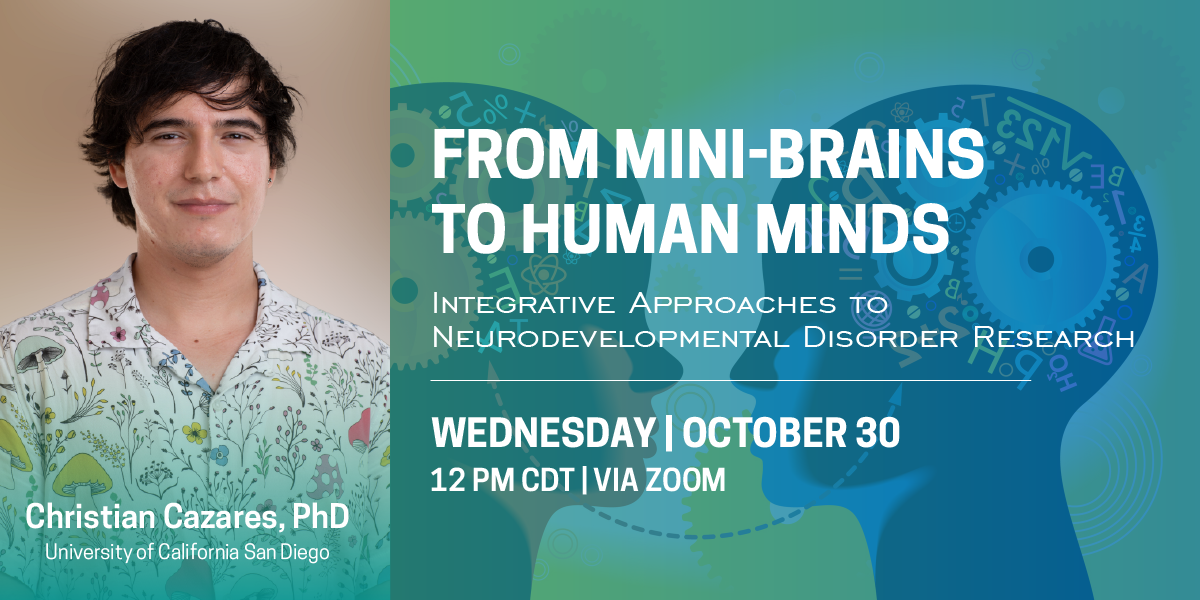Speaker: Michael Platt
Topic: Brain Imaging, Consciousness, Dr. Michael Platt, Friends, Friendship, Humans, Mind Science Foundation, Molecular Neurogenomics, Monkeys, Neurodevelopmental Disorders, Neuropsychiatric Disorders,Social Behavior, Neuroscience, Pandemic, Pharmacology, Technology
We all need friends. Deeper and more numerous friendships promote health, well-being, survival, and even financial success. By the same token, social exclusion and the loss of social partners result in feelings similar to physical pain. Impairments in the ability or motivation to connect with others profoundly impact the lives of individuals with neurodevelopmental and neuropsychiatric disorders. Despite its importance, the scientific study of friendship is relatively new, due to the difficulty of studying complex social behavior in the laboratory. Dr. Platt’s November 12, 2019 talk will focus on his lab’s work defining the biological mechanisms that mediate our ability and desire to connect. Using a suite of brain imaging, eye-tracking, single-unit recording, pharmacology, and molecular neurogenomics to directly compare biology and behavior in humans and monkeys, his work has identified specialized circuitry that focuses attention on others, identifies their internal states, predicts their intentions, and promotes giving and cooperation. These findings have led to new wearable brain monitoring technology developed to monitor and ultimately improve team chemistry driving peak performance in business and sports. Michael Platt, PhD, is a neuroscientist whose work focuses on the brain’s decision-making processes. He has appointments in University of Pennsylvania’s Department of Neuroscience in the Perelman School of Medicine, the Department of Psychology in the School of Arts and Sciences, and the Department of Marketing in the Wharton School. Platt has served as Professor of Neurobiology, Director of the Duke Institute for Brain Sciences and Director of the Center for Cognitive Neuroscience at Duke University. Organizations such as the National Foundation, the Klingenstein Foundation, the McDonnell Foundation and the Department of Defense have supported his research, and he has been recognized in the New York Times, the Washington post, the Wall Street Journal, National Public Radio, A`BC, BBC and PBS. Platt has also served as the President of the Society for Neuroeconomics. He holds a PhD in Biological Anthropology from Penn, and a BA in Biological Anthropology from Yale.



